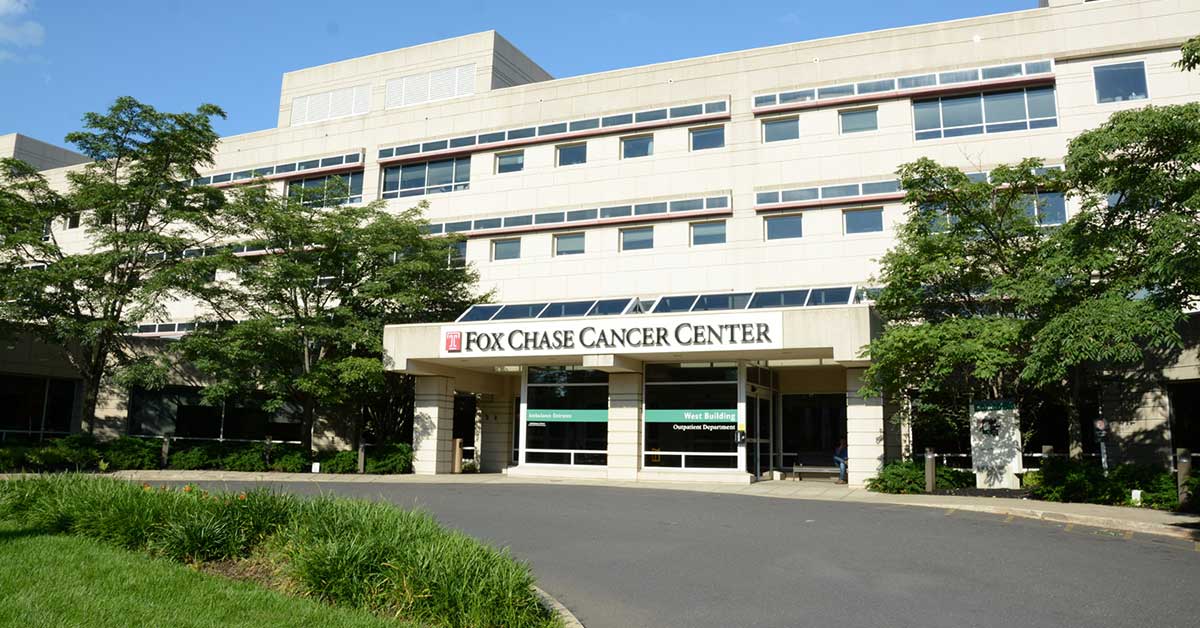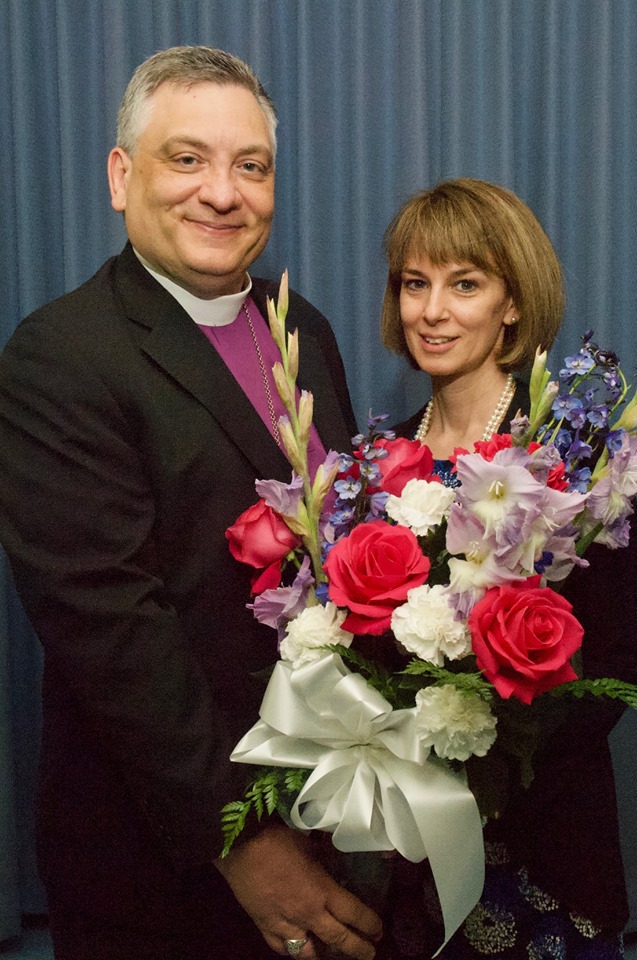
For Lisa Hicks, RN, BSN, an oncology certified nurse who works with the Fox Chase genitourinary surgical oncology practices, her nursing career was inspired by a desire to not just care for patients but also to educate them.
“I always had a desire to do something meaningful working with people and hopefully making a difference,” says Hicks, who has several nurses on her mother’s side, making it somewhat of a family tradition.
Nearly 20 years into her career, Hicks finds both the scientific and the people sides equally fascinating and has developed a holistic approach to her practice: “I look at the patient and the patient’s family, seeing how they all work together.”
Hicks began her career serving as a hospital corpsman in the U.S. Navy, stationed in Okinawa, Japan. After her honorable discharge, she worked in mental health field for a while before enrolling in nursing school. It was an externship that brought her to Fox Chase more than 18 years ago. She joined the GU unit 12 years ago.

“I saw the care that the nurses gave their patients and said, that’s what I wanted to be able to do,” she says.
Today, she works fulltime in the ambulatory GU care unit and serves on a three-nurse team supporting each urologic procedure. Each week, she works with patients both pre- and post-op, assists physicians with procedures, does phone triage, and works with the Fellow clinic on Friday mornings.
“As a nurse, you’re always teaching but with outpatient care, you are doing a lot more teaching and that always interested me,” says Hicks, who is a member of the Oncology Nursing Society and the Society of Urologic nurses and serves on Fox Chase’s nursing professional development committee. “We usually educate patients and their families with pre-procedure information.”
For example, she says it can be a very “intense experience” for patients with advanced bladder cancer to face the prospect of having their bladders removed, as per the standard of care. Nurses often get questions about what the patients and their loved ones can expect following the reconstruction or diversion.
She and her nursing colleagues do a lot of pre-procedure teaching for kidney, testicular, and prostate cancer procedures. They also field a lot of questions about newer approaches, such as implanting fiducials or beacons for radiation therapy or ultrasound-guided prostate biopsies -- both transrectal and transperineal.
“You always are keeping an eye on where they are emotionally,” she adds. “That’s our role.”
Last year, she and another Fox Chase nurse, Susan Burke, RN, BSN, OCN, did a poster for the Oncology Nursing Society's Annual Conference 2018, entitled, “Administration of Intravesical Docetaxel and its Impact on Workflow in the Outpatient Setting.” The poster’s goals were to educate nurses about the workflow-impacts of the bladder cancer therapy.
Soon after she joined the GU practice about 12 years ago, she worked on another presentation showing how Rocephin was a more effective anti-sepsis medication following prostate biopsies. The idea developed after her unit team, which included physicians and nurses, determined that oral antibiotics were not sufficient to prevent such infections and tried Rocephin as the first-line treatment instead. The presentation illustrated a marked decline in infections.
“We did not have a lot of infections before that, but for nurses, we want to do everything we can to give our patients the best outcome,” she says. “Our goal is to provide excellent patient care and we want to keep our patients safe.”
Finally, she says she enjoys working with all her GU colleagues.
“We’re a close team and we rely on each other. We learn from each other and support one another. You always have to be willing to take your education to the next level,” she says. “I'm always interested in opportunities to learn. If I am well informed I can do a better job for my patients and give them better care.”